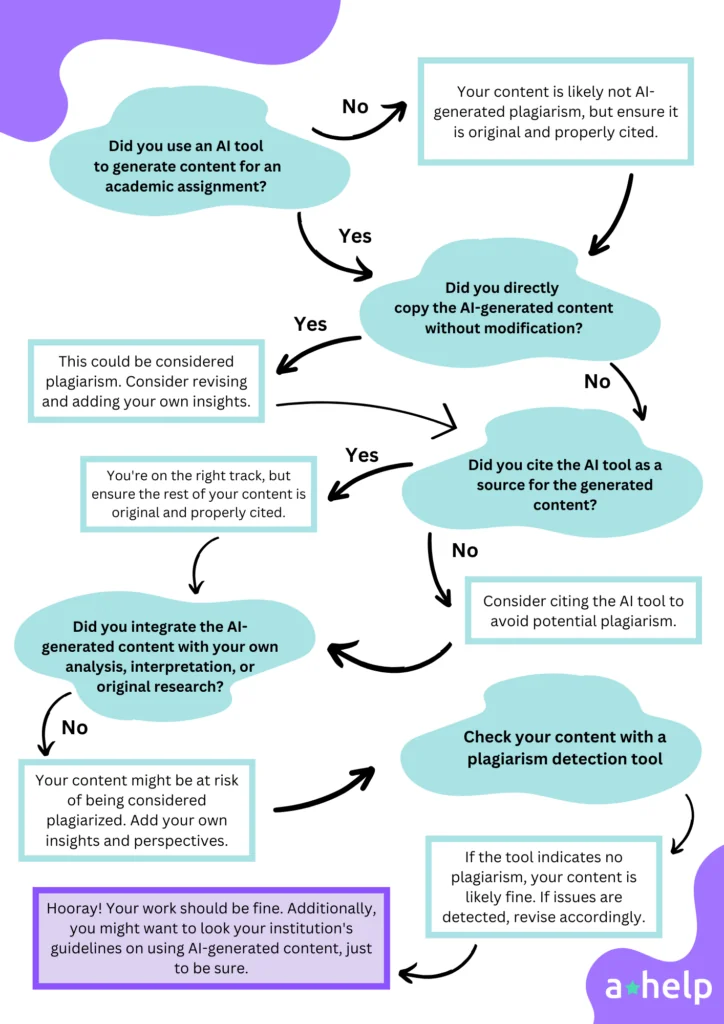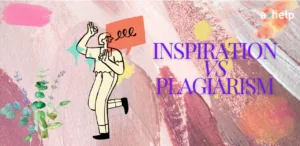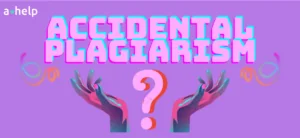The integration of AI into academic writing has sparked a change in how students and researchers approach their work. AI tools like ChatGPT have become increasingly popular for their ability to generate coherent and informative content quickly. However, this convenience raises a critical question: Is using ChatGPT for academic writing considered plagiarism? For short, it can be if it is used incorrectly, meaning without any paraphrasing or citation. But for a more detailed look into the issue, don’t hesitate to read the article below.

✅ AI Essay Writer ✅ AI Detector ✅ Plagchecker ✅ Paraphraser
✅ Summarizer ✅ Citation Generator
AI and Academic Writing
AI, particularly tools like ChatGPT, has found a place in academic writing for various purposes, including brainstorming ideas, generating outlines, and even drafting content. However, the use of AI in this context is not without controversy. The debate centers on whether the content produced by AI is original or if it constitutes plagiarism. Educators argue that relying on AI undermines the integrity of academic work, while proponents claim that it’s a valuable resource when used correctly.
Supporters of AI in academic writing argue that these tools are simply another form of technology, akin to calculators or word processors, that can boost the writing process. They claim that AI can assist in overcoming writer’s block, providing language support for non-native speakers, and offering new perspectives on topics. On the other hand, some people worry that the ease of generating content with AI might encourage laziness and a lack of critical thinking among students. They also express concerns about the potential for AI-generated content to be too similar to existing sources, leading to unintentional plagiarism.
The key to resolving this debate lies in understanding the role of AI as a tool rather than a replacement for human intellect and creativity.
Yet it is clear that, when used responsibly, AI can complement academic writing by providing initial drafts or ideas that can be further developed and refined by the writer. This collaborative approach makes the final product both original and reflective of the writer’s own analysis and understanding.
Guidelines for Using AI in Academic Writing
To navigate the ethical use of AI in academic writing, people need to follow certain guidelines. Firstly, AI-generated content should not be presented as entirely one’s own work. Acknowledging the use of AI tools and distinguishing between AI-generated text and personal contributions is essential. This transparency allows the reader to see where the AI’s input ends and the writer’s begins.
Secondly, integrating AI-generated content with one’s analysis and critical thinking supports originality and reduces the risk of plagiarism. It’s important to use the AI’s responses as a starting point or a tool for inspiration, rather than the final product. By adding your own insights, interpretations, and arguments, you make the work truly your own.
Finally, it’s vital to cite sources and provide proper attribution, just as with any other form of material you may use for your texts. This includes the sources used in your research and the AI tool itself if its output has significantly contributed to your work. Proper citation, therefore, will help avoid plagiarism as well as add credibility to your writing.
Not Sure If Your Work is Plagiarism-Free After Using ChatGPT? Try our Tool & See
GetHow to Determine Whether Your AI-Written Paper Is Plagiarizing?
Determining whether your AI-written paper is plagiarizing involves a few key steps. You have to critically evaluate the content generated by AI so that it’s properly integrated with your original insights and correctly cited. A visual guide or checklist can help assess the originality of your work guarding compliance with academic integrity standards.

Wrapping Up
In conclusion, using ChatGPT and other AI tools in academic writing is not inherently considered plagiarism. However, your work with these tools needs to be responsible, with the final output being a blend of AI-generated content and personal academic contributions (and not just copy-pasted AI responses). By following ethical standards and maintaining a commitment to originality, students and researchers can leverage AI’s power while upholding academic integrity standards.
FAQ
Follow us on Reddit for more insights and updates.





Comments (0)
Welcome to A*Help comments!
We’re all about debate and discussion at A*Help.
We value the diverse opinions of users, so you may find points of view that you don’t agree with. And that’s cool. However, there are certain things we’re not OK with: attempts to manipulate our data in any way, for example, or the posting of discriminative, offensive, hateful, or disparaging material.